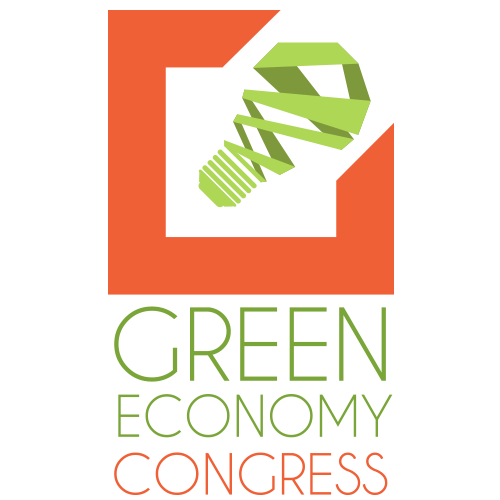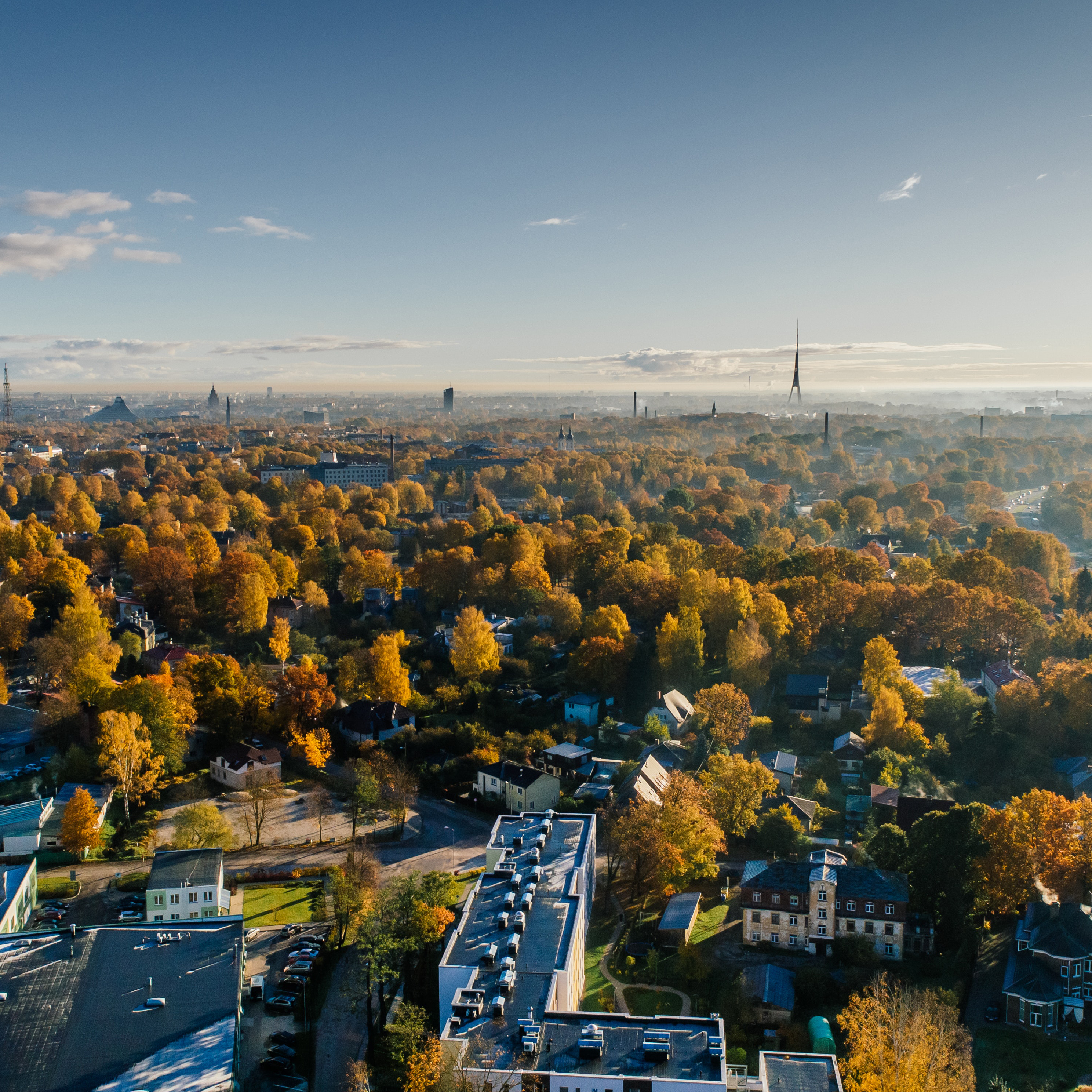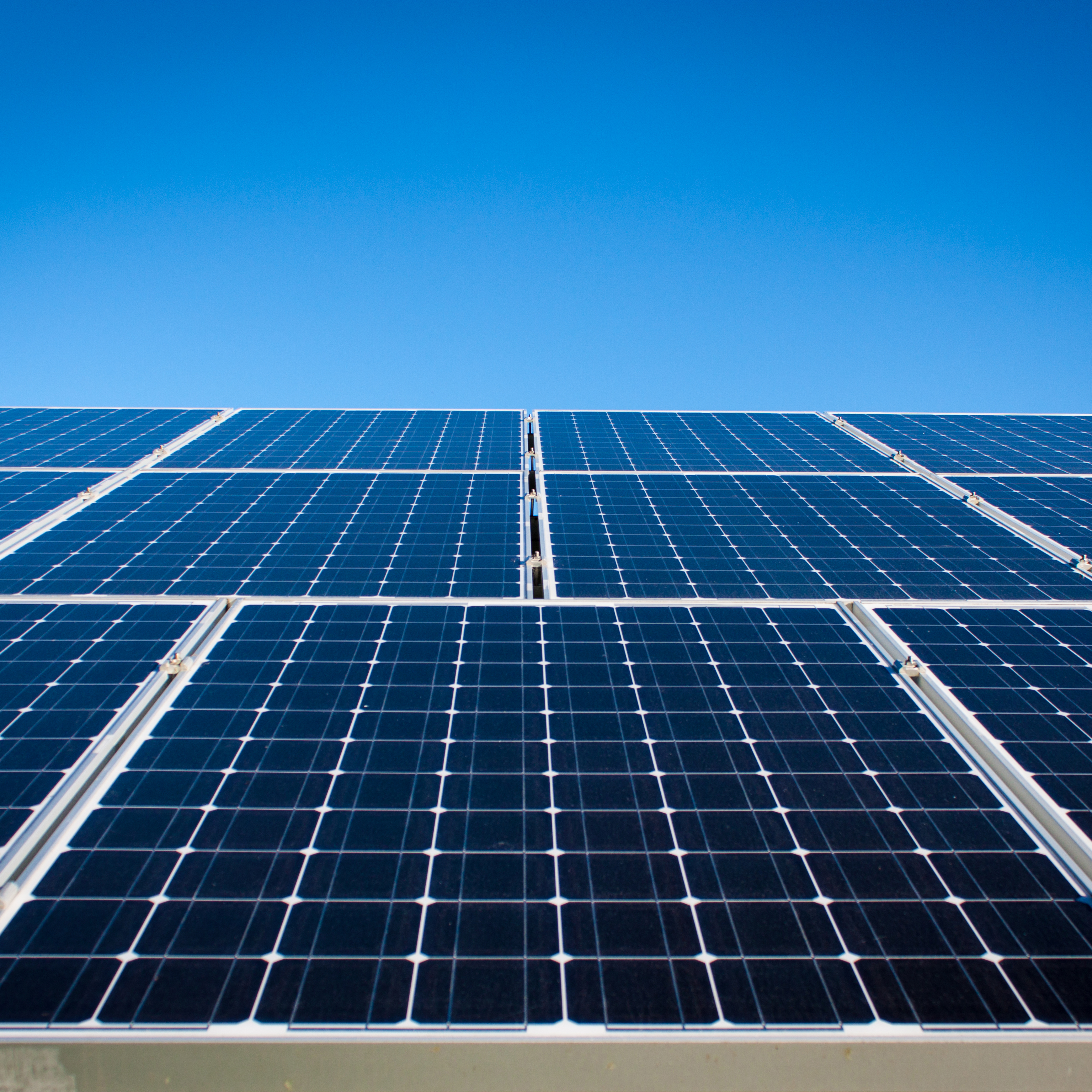
Context
The world we live in is going through a radical transformation which is changing the fundamental values our societies but also economies are based on. Multiple crises due to the growing inequality and environmental destruction are calling for an urgent sustainable answer. As the economic parameters that are measuring growth and economic success are changing, we must use our knowledge and expertise to innovate the way we think about economy and cannot continue with “business as usual”.
About the event
The Green Economy Congress, taking place for the second time this year, is a series of interactive, multidimensional events designed to create and further build up on the notion of necessity for transition to sustainable and fair economy. Green economy is one of the most exciting concepts that is holistic in its form – it generates development while respecting the regional and global ecosystem, results in improved human well-being and social equity, while significantly reducing environmental risks and ecological scarcities.
For three days all participants will have the opportunity to listen to some of the most impressive economists, innovators, entrepreneurs and decision makers, to share their stories and discover ways to promote an alternative vision for growth and development across the world.
The long-term goal of the Congress is not only to raise awareness on green topics, but to also create a sustainable networking platform to enable green initiatives across Europe. This will be in particular the focus of the first day of the Congress, which will be organised by GEF.
Programme
Thursday November 1st
12:00 – 12:15: Official Opening
- Representative of Green European Foundation
- Žaklina Živković, GAJP
12:15 – 13:15: Opening Panel – Public Policies and Circular Economy
- Slobodan Perović, Republic of Serbia Ministry of Environment Advisor
- Antoine Avignon, EU delegation in Serbia (tbc)
- Olivera Kuzman, Zurovac OEBS expert on circular economy (tbc)
- Siniša Mitrović, Serbian Chamber of Commerce (tbc)
13:15 – 13:25: Pause
13:25 – 14:00: Lecture – Innovation in Circular Economy: Closing the Loop in Agri-Business
- Grigoris Chazikostas, Biosense Institute
14:00 – 15:00: Lunch
15:00 – 16:00: Panel – Green Cities and Urban Development
- Representative of EU Green Capital of Europe Nijmegen (tbc)
- Representative of Cooperation and Development Eastern Europe (CDN)
- Sinisa Trkulja, UN Urban Agenda Habitat III
- Representative of City Council of Belgrade (tbc)
16:00 – 16:15: Coffee Break
16:15 – 17:15: Panel – New Plastic Economy: EU Circular Economy Package
- Representative of Reloop Europe
- Representative of Greentech Serbia
- Representative of SEPEN
- Expert in EU Circular Economy Package (tbc)
17:15 – 18:00: Coffee and Networking
Friday November 2nd
12:00 – 12:15: Opening
- Dubravka Negre, European Investment Bank
12:15 – 13:00: Toward the Green Finance
- Representative of Trag Foundation (tbc)
- Representative of Ethical Financing Cooperative of Croatia
- Representative of BRODOTO
- Representative of ERSTE bank
13:00 – 13:15: Coffee Break
13:10 – 14:10: Panel – Women in the Green Economy
- Branislava Jovicic Bačkan, Green Energy News
- Ankica Barbulov, GIZ (tbc)
14:00 – 15:00: Lunch
15:00 – 16:00: Environmental Reporting: Media as a Catalyst for Change
- Representative of Euractiv (tbc)
- Slavica Gligorijevic, RTS (tbc)
- Adam Santovac, N1 (tbc)
- Represenative of CINS/BIRN (tbc)
16:00 – 16:15: Coffee Break
16:15 – 17:00: Democratisation of the Energy Sector: Prosumers and Cooperatives as Alternatives
- Maja Turković, ASOR
- Representative of CAN Europe (tbc)
Saturday November 3rd
12:00 – 15:00: Green Economy Fair + Workshops
Workshops including:
- Developing Circular Economy in Agriculture
- Decentralised Energy Alternatives
- Eco Design
Additionally, the Congress will entail a variety of social activities such as museum visits, get-togethers and more.
Who should apply?
This conference is suitable for both students who are just developing their interests for green economy models, and green economy professionals and activists. In case you would like to speak at our event, we have created Participants’ Panel.
To find out more about the event, the registration process, as well as participation fees, please visit the Congress website. For programme updates, follow us on Facebook and Twitter, and subscribe to the Facebook profile of the Congress.






